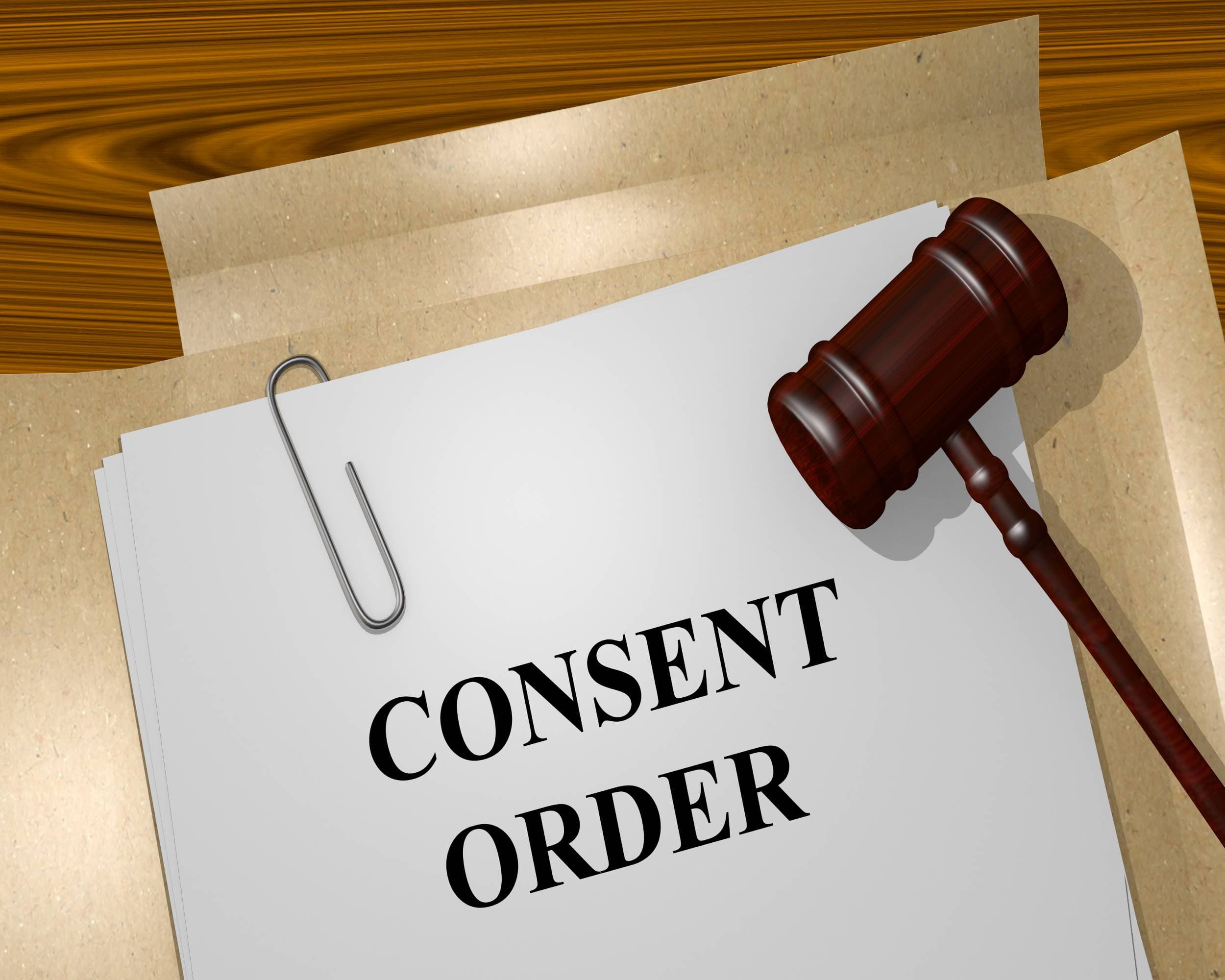What is Property Settlement and how does it apply in Victoria?

Key Takeaways!
- Property disputes could be solved through a binding financial agreement, consent order or a court order.
- Both financial and non-financial contributions are considered.
- Property settlement mediation is a pre-action procedure that is conducted by a professional mediator.
- Both parties involved are required to provide a full and frank disclosure of their true financials prior to entering into an agreement.
What is property settlement?
What is property settlement?
Property settlement is the division of assets such as matrimonial home, vehicles, bank accounts, shares, liabilities such as home mortgages, bank loans, credit card debts and other financial resources between the parties following a separation or divorce.
Separating couples need to work out the treatment for both independently and jointly owned property to avoid future complexities and misunderstandings.
Property settlements in Australia are handled by the Federal Circuit and Family Court of Australia.
What are the types of property settlement?
What are the types of property settlement?
Binding Financial Agreement (BFA)

Consent orders are proposed terms agreed upon by the separated parties, which are sent to the court to get the agreement formalized.

Upon the failure of negotiations between the parties, one party may proceed to court to initiate a property settlement.
Time limits on property settlement
Time limits on property settlement
If the property settlement proceedings arise out of a marriage, the application must be made within 12 months after the finalization of the divorce.
If the potential proceedings arise out of a de facto relationship, the application must be made within 2 years of the relationship breakdown.
Instances the time restrictions does not apply:
- If the spouses are only separated, but not legally divorced.
- If the applications are made only to vary or set aside an existing property settlement order.
- Declaration of existing property interests.
If the time limitation lapse, parties maybe be able to apply with leave (permission) from the court.
Related Article: Filing Your Divorce Application in Australia: A Full Guide
What is Property Settlement Mediation?
What is Property Settlement Mediation?
Parties who are separated, both married or in a de facto, should participate in mediation and try to resolve their property disputes through negotiation. Mediation is a process where the discussion is carried out by an impartial third person who is qualified and trained to deal with similar matters. The mediator will play an unbiased role in helping the parties arrive at a mutual agreement.
The aim of mediation is to understand if the entire issue as a whole or parts of the issue could be resolved through an out of court settlement. This would save time and cost for both parties involved.
Mediation is a mandatory pre-action procedure that needs to be followed by parties before making a court application unless exemptions apply. The exemptions are:
- Existence of family violence or child abuse.
- The application is urgent.
- Child support application or an appeal.
- There has been a previous application lodged in the same cause in the 12 months immediately before starting the proceedings etc.
How does the court decide on property settlement?
How does the court decide on property settlement?
Property settlement process
What to do if your ex-partner is delaying property settlement?
What to do if your ex-partner is delaying property settlement?
A few reasons why your ex-partner might be delaying the property settlement are:
- If your ex-partner thinks the legally agreed division of property is unfair and wants a bigger offer.
- If an ex-partner is trying to add more debts into the common property pool post-separation.
- An ex-partner might waste money within the marriage/relationship post-separation and reduce the value of the common property pool.
- An ex-partner might wait until the property prices in the market are increased to receive a better deal through a sale.
- Simply, an ex-partner might delay the property settlement without knowing its implications. This is when your ex-spouse should be directed towards independent legal advice.
The options available to you if your ex-spouse is delaying the property settlement are:
- Let your solicitor negotiate with his/her solicitor on behalf of the parties.
- Convince your ex-spouse to participate in mediation.
- If negotiations and mediation fail, parties can begin court proceedings.
How can MJ Legal assist you?
We can support you through the property settlement process by:
- Carrying out negotiations with your ex-spouse/partner or their lawyer.
- Advising you on the advantages and disadvantages of BFAs, consent orders and litigation.
- Obtaining the advice of special barristers qualified in property settlement to achieve the best outcome.
- Guiding you in collecting the required & supporting documents to fulfill the disclosure requirement.
- Updating you through every stage of the matter.
- Reviewing, filing and serving court documents if the matter proceeds to litigation.
Property matters can be complex and stressful.
Related Articles
Filing Your Divorce In Australia: A Full Guide
Need Legal Assistance?
Our experienced legal team is here to help you with your immigration and legal matters.


